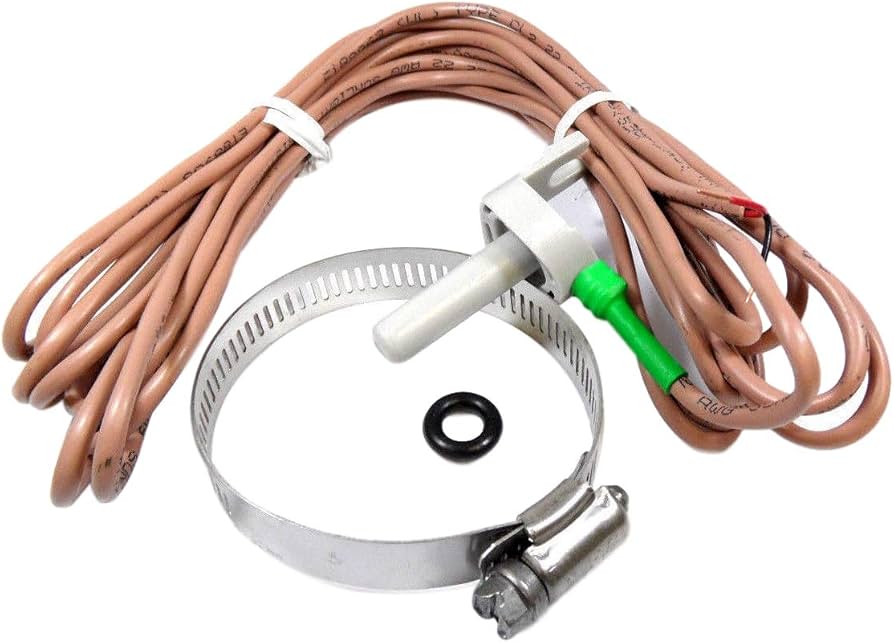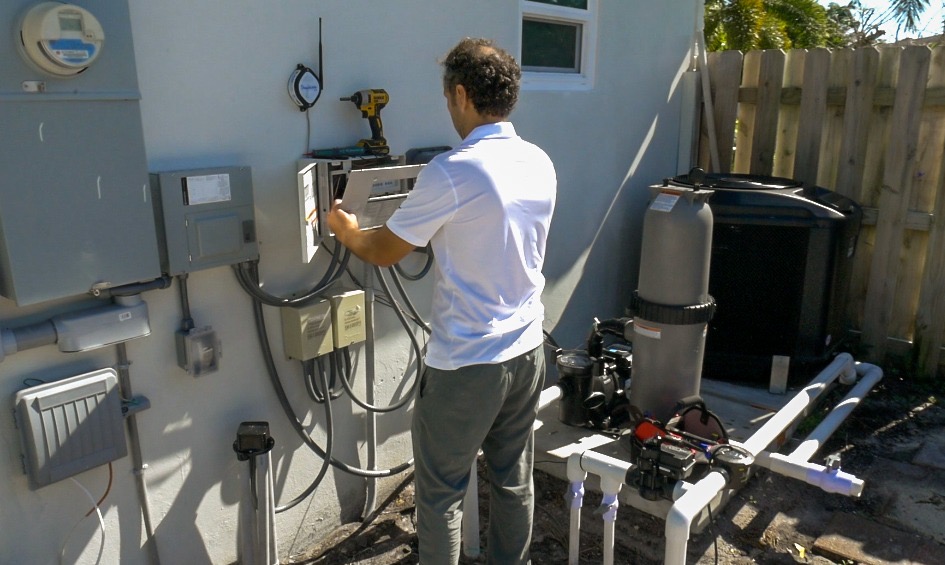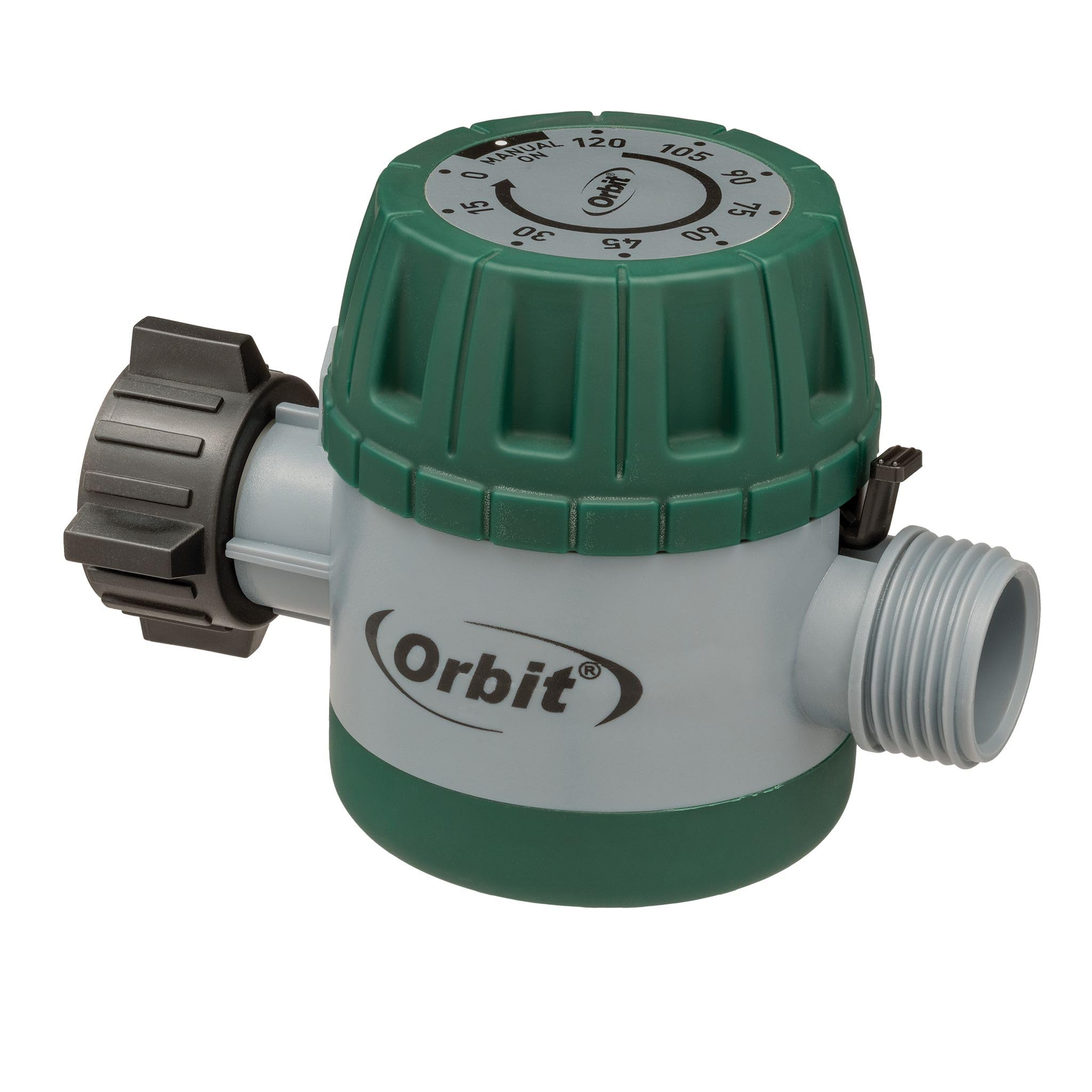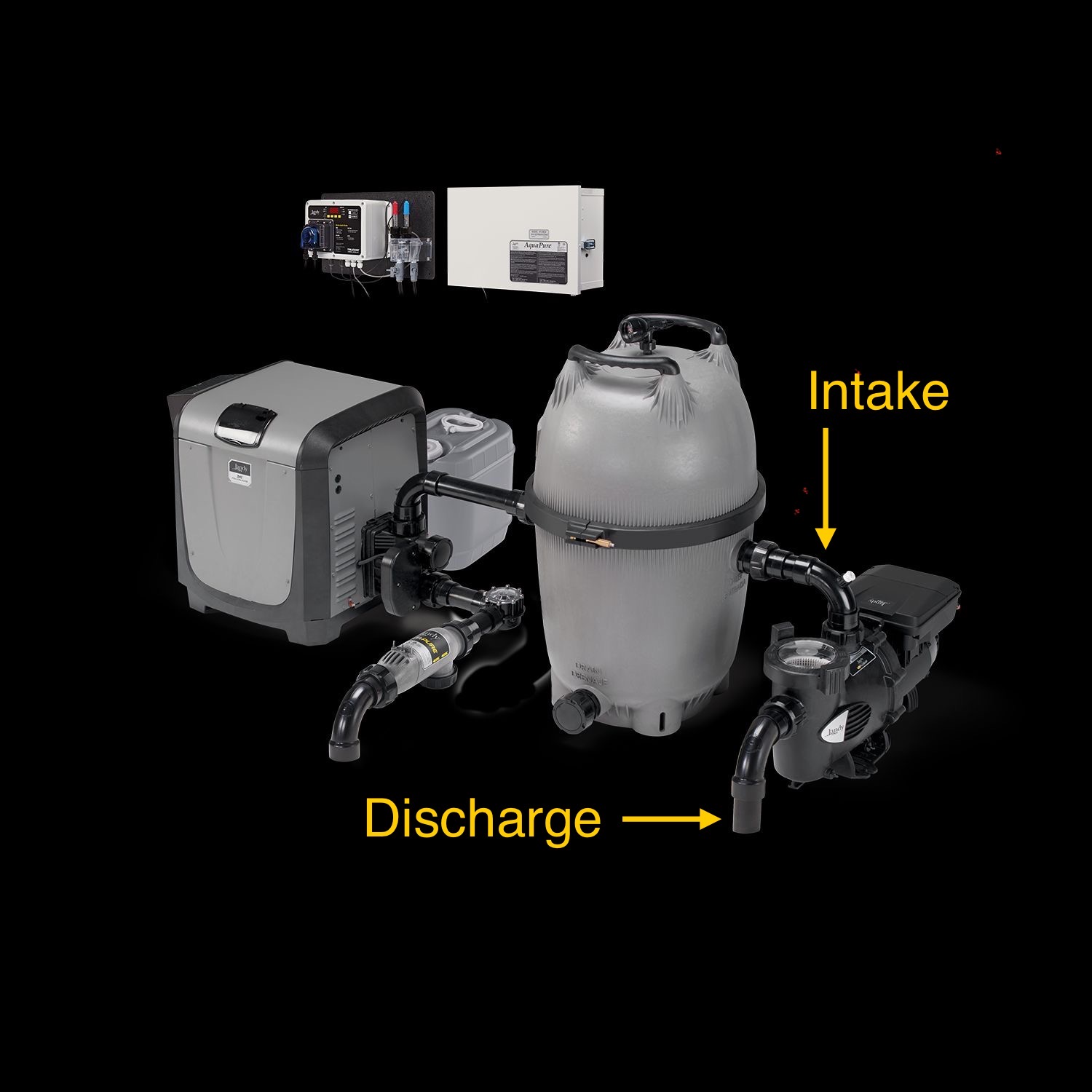
Air/Water Temp Sensor
Description
Advantages of having an air/water temperature sensor in your pool system: 1. Accurate Air/Water Temperature Monitoring An air temperature sensor provides precise readings of the air temperature around the pool area, helping you make more informed decisions about pool heating and other environmental factors. 2. Improved Pool Heating Control Air temperature sensors can help regulate your pool heater by factoring in the surrounding air temperature. This allows for more efficient heating by preventing overheating or unnecessary energy use when the outside temperature is warm. 3. Energy Savings By adjusting heating based on both water and air temperature, the sensor ensures the pool only heats when needed, preventing excess energy consumption and lowering utility costs. 4. Enhanced Comfort for Swimmers Knowing the air temperature allows for better adjustment of pool heaters, making the water more comfortable for swimmers in relation to the air temperature, especially on cooler evenings or during cooler seasons. 5. Helps with Pool Equipment Management Air temperature readings can help control the operation of pool equipment such as heaters, covers, or ventilation systems. With accurate data, your system can optimize how and when these components are activated. 6. Weather-Responsive Automation Air temperature sensors can be integrated into automated systems to adjust the pool’s temperature, filtration cycles, and even lighting based on changes in outdoor conditions, offering greater convenience and efficiency. 7. Improved Pool Energy Efficiency Monitoring air temperature helps in optimizing energy use. If the air temperature is mild, the pool heater can adjust its operations to ensure the water temperature remains balanced without wasting energy. 8. Supports Solar Heating Systems Air temperature sensors can play an essential role in managing solar pool heating systems. They allow for better control, ensuring that the system is only active when conditions are ideal for solar heating, preventing overuse or underuse of solar energy. 9. Helps Control Pool Cover Operations The sensor can work in tandem with automated pool covers, activating them when air temperatures are cooler or when heat retention is necessary. This helps to maintain water temperature, particularly during colder nights. 10. Prevents Overheating By keeping track of the air temperature, the sensor can prevent the pool's heating system from overcompensating on warm days, helping to avoid overheating of the pool water. 11. Improved Chemical Balancing Air temperature can influence the rate at which pool chemicals dissolve and interact in the water. An accurate air temperature reading helps ensure that the chemical treatment system compensates for temperature changes, leading to better water chemistry control. 12. Better Pool Safety Monitoring the air temperature alongside the water temperature ensures a safer swimming environment. For example, if the air temperature drops rapidly, it may signal the need to adjust the pool temperature to avoid swimmers feeling chilled. 13. Enhanced System Longevity With air temperature sensors providing real-time data, the pool's heating system can avoid unnecessary wear and tear from overuse or miscalibration, promoting a longer lifespan for the pool equipment. 14. Improved Pool Environment Control The air temperature sensor is useful not only for heating control but also for understanding the environmental conditions around the pool area. This allows you to adjust additional systems like misting or windbreaks for added comfort. 15. Real-Time Data for Pool Maintenance The sensor provides real-time air temperature data, helping you monitor environmental factors that may affect pool maintenance. For example, sudden drops in temperature could indicate a need for additional maintenance to prevent freezing or other issues. 16. Helps with Seasonal Adjustments During seasonal transitions, air temperature sensors are essential for adjusting the pool’s heating settings, ensuring you maintain the ideal swimming conditions throughout the year without unnecessary temperature fluctuations. 17. Supports Remote Monitoring Many advanced pool systems allow for remote monitoring of both air and water temperature through mobile apps. This feature adds convenience, allowing you to make adjustments to the pool system based on outdoor conditions, even when you're not at the pool. 18. Facilitates Winterization Air temperature sensors help ensure proper winterization procedures are followed. For example, if the outside air temperature drops too low, it can trigger a warning to protect the pool from freezing damage. Installation included.



